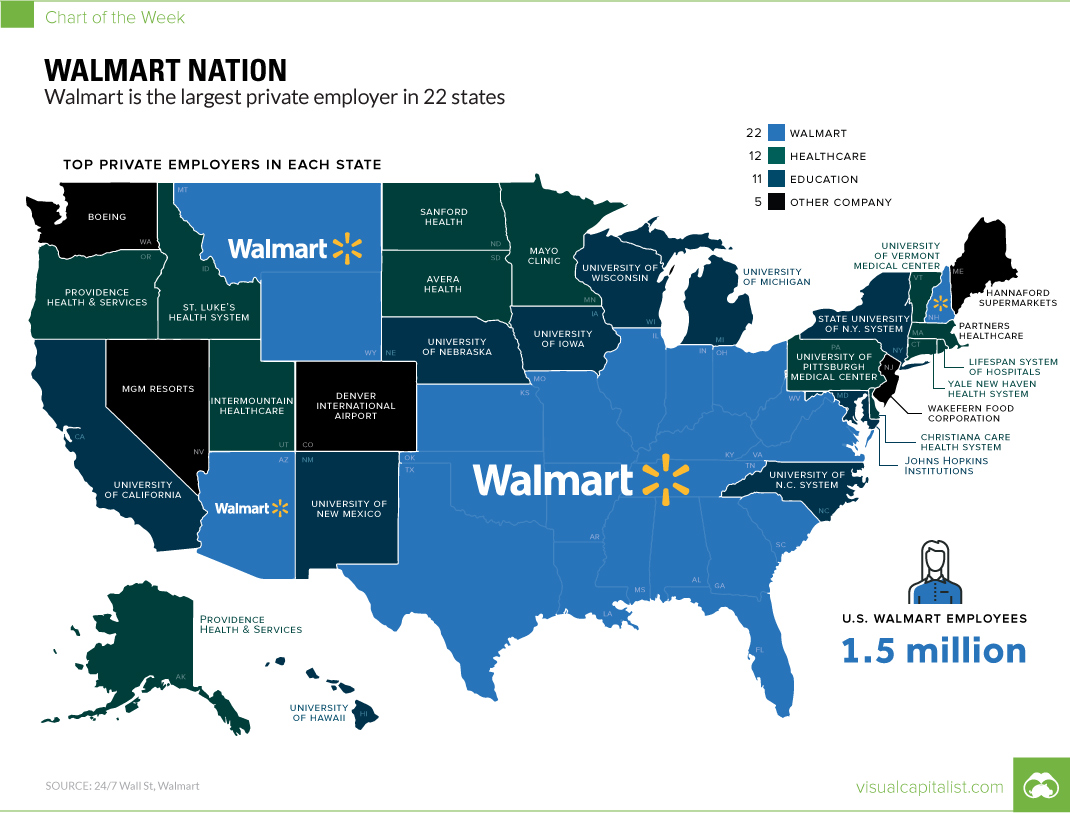Cool Job Alert: The Weinermobile Needs Drivers
Looking to make a career change?
Or maybe you are a college student scheduled to graduate this spring and wondering what your next move will be?
Do you like (in no particular order), driving, public relations, marketing, and hot dogs?
Well if so you are in luck - the iconic Oscar Meyer Wienermobile is looking for a new batch of drivers. Here are the details as reported on Mental Floss:
Applications are being accepted for the one-year position now through January 31. Hotdoggers tasked with commandeering the Wienermobile will be responsible for doing media interviews and appearing at grocery store, military, and charity events across the country. The position is primarily a PR job, and candidates with a BA or BS in public relations, journalism, communications, advertising, or marketing are preferred.
Carl Mayer, the nephew of Oscar Mayer, introduced the first Wienermobile in 1936, and today there are six vehicles on the road making 1400 stops a year. After disappearing for a couple decades, the Wienermobile was revived in 1986 for its 50th anniversary. Oscar Mayer hires 12 new hotdoggers each year and usually receives more than 1000 applications.
The job comes with benefits and a competitive salary in addition to the impressive title. The new hires must be ready to hit the road in June of this year. for a shot at becoming Oscar Mayer's next Wienermobile driver, email your resume by the end of the month.
Steve here, I don't have much else to add to this, other than to say if I didn't have a ton of other commitments this year I would absolutely toss my name in the ring for a spot as a Weinermobile driver. It just looks like an awesome job - traveling all over the country, passing out free hot dogs, getting to ride in one of the most unique vehicles ever created - what's not to love? Even the name of the job, 'Hotdogger' is super cool.
I am going to follow the story this year and try to get an interview for the HR Happy Hour Show with one of the new lucky drivers this summer - if any readers have an 'in' with the Kraft/Heinz/Oscar Meyer people, let me know.
And now I want to have a hot dog.
Have a great weekend!

 Steve
Steve


